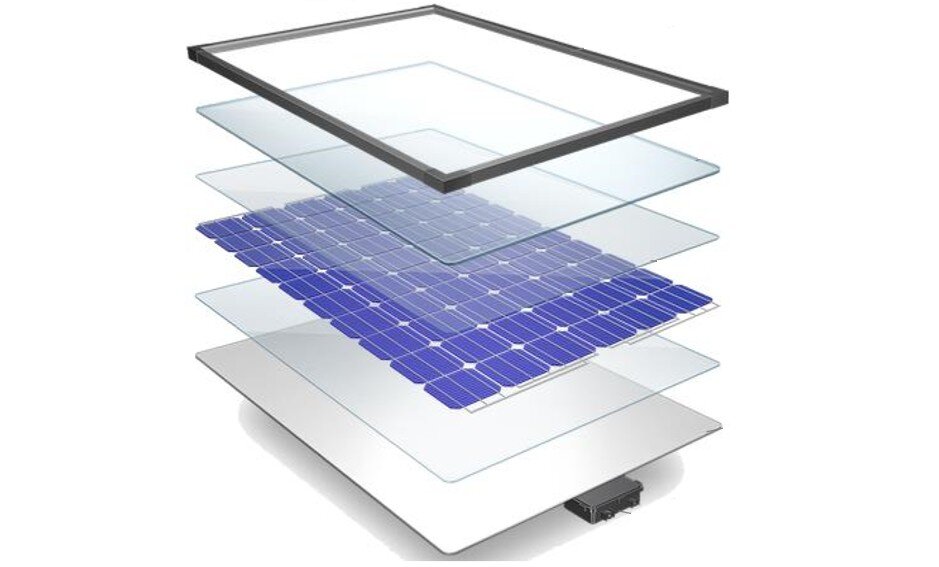We often hear from our clients, “Can solar panels be recycled?” This is an issue that we care about deeply, but until recently, we have not seen a very significant effort to address. Just recently, we have seen some significant progress in solar panel recycling. One notable development we at True South Solar are excited about involves U.S.-made Qcells solar panels. QCells panels are manufactured in Dalton, Georgia.

Qcells, a major solar panel manufacturer, and Solarcycle, a company specializing in solar panel recycling, just inked a new partnership. The plan is to create, “a circular, clean energy supply chain.” Solarcycle recovers valuable materials such as aluminum, silver, copper, silicon, and low-iron glass from decommissioned panels and reuses them to manufacture new products.
SolarCycle is expanding its operations by constructing a $344 million facility in Cedartown, Georgia. This new facility will manufacture new solar glass from recycled panels. Set to be operational by 2026, it is expected to produce 5 to 6 gigawatts of solar glass annually. And they will likely create over 600 jobs in the process!
It is so exciting to see the solar recycling industry expand to include the complete life cycle of the solar panels we install here in Southern Oregon!
More promising strides in solar panel and battery recycling
- Terrepower has opened a new facility in Tennessee capable of recycling up to 160,000 solar panels annually. This facility uses automated processes to separate and recycle panel materials more efficiently. They are growing quickly and expect to expand significantly in the coming years.
- To manage the increasing volume of end-of-life solar panels, The U.S. Environmental Protection Agency (EPA) is developing rules to classify solar panels as universal waste, which would streamline the recycling process and improve safety standards.
- Tesla Powerwall’s battery pack is also recyclable. If you didn’t see our previous post, here is what Tesla has to say about Tesla battery pack recycling.

In addition to supporting a more sustainable future, recyclable materials from solar panels are projected to be worth over $2.7 billion by 2030. The expansion of recycling infrastructure and technology is expected to meet a significant portion of the domestic demand for solar manufacturing materials by 2040.
Overall, these initiatives indicate an investment in sustainable practices in the solar industry. With the growing volume of end-of-life panels, we can happily report that the industry is focusing on reducing waste, creating jobs, and supporting a domestic supply chain with valuable materials recycled for future clean energy technologies.

